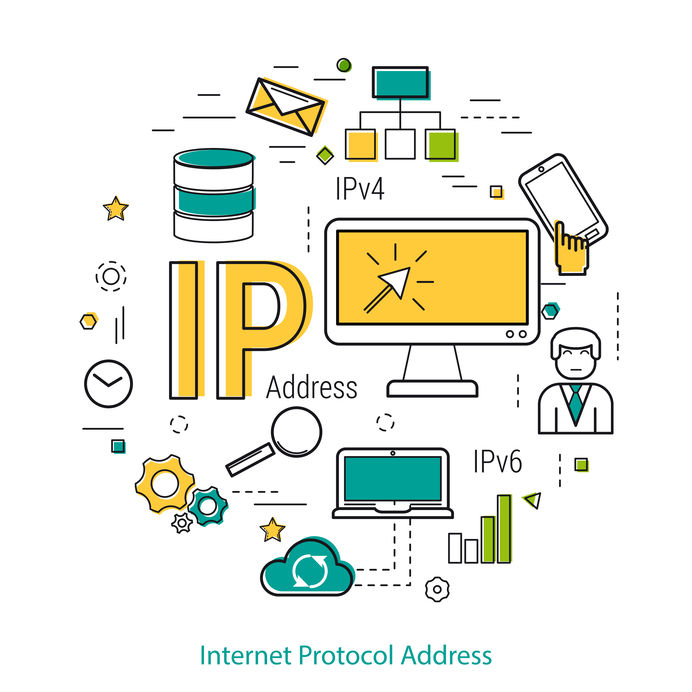ICANN is short of Internet Corporation for Assigned Names and Numbers. It is a non-profit organization that manages and maintains different databases related to namespaces and number spaces on the Internet.
In really short: ICANN coordinates the use of domain names and IP addresses so that the Internet, as we know it, can function without conflicts. Thanks to it, you can’t have two people who have the same domain name or two computers with the same IP address.
The organization has a pool of IP addresses – a central repository of IP addresses, which it offers to the registries, who later offer them to the network providers.
The ICANN has contracts with each of the domain providers. That way, it can provide a stable environment for DNS.
The non-profit organization has the heavy task of coordinating the DNS of the Internet.
For those of you that don’t know what DNS is, it is an international database of domain names and IP addresses. When somebody is searching for a domain, the DNS will resolve it to its IP address, and when somebody needs to check to which domain does an IP address belongs, the DNS will backtrace it. It is used for fast communication between devices, domain and IP address resolving, and different service verification.
The main functions of ICANN
There are 3 main categories of tasks that the Internet Corporation for Assigned Names and Numbers has to do:
1. Organize and provide the 3 types of identifiers for Internet use – domain names, IP addresses, and port numbers.
Manage the domain names (DNS). That task includes the so-called DNS and the database of domain names and IP addresses.
Manage the IP addresses and system numbers. To organize the available IP addresses and to provide them to network providers.
Manage the port numbers and parameter numbers. Apart from the domain name and IP address, the port number is also important for communication. It is the channel, which the devices must listen to for exchanging data.
2. Manage the Root DNS servers. It includes all technical issues related to the root DNS servers. Also, ICANN is in charge of future development of the Root DNS servers and their use.
3. Manage policies and develop new ones related to the previous 2 points. ICANN has a board of directors who need to supervise the implementation of policies and approve new ones. The suggestions for new policies come from various sources, including the global ICANN community and the variety of supporting organizations and communities.
ICANN and the TLDs
ICANN has contracts both with registries like .COM, .INFO, .NET, and registrars like GoDaddy, BlueHost, and HostGator. It defines the policies that should be used, how the DNS should function, and expands it.
Thanks to the ICANN, there is a registrar market, where new players can get a license to buy and sell domain names. The new companies can do it with existing TLDs, or they can request a new gTLD from ICANN. ICANN can approve it for around 200k USD and a fee of 25k USD per year.
The open market is responsible for today’s affordable TLD prices and the variety of new gTLDs that are ever created.
ICANN is responsible for the extension of the namespace with 13 TLDs like .ASIA, .TRAVEL and more.
One interesting fact is that thanks to the organization, there is a way for Internation Domain Names (IDN) that can be registered in other languages or alphabets. No more just Latin letters.
An important responsibility of ICANN is the domain name dispute resolution too. It has developed a system called Uniform Domain Name Dispute Resolution Policy or UDRP for short. The UDRP should be a fast and easy way to resolve conflicts without the need for a court. The UDRP can help when 3 elements:
- When a domain is identical or extremely similar to an already registered trademark.
- When the registrant doesn’t have any rights in the domain name.
- When the domain name is used in “bad faith”.
Conclusion
ICANN is a non-profit organization that has very heavy shoulders. It keeps the Internet running, thanks to the DNS, and manages many aspects of its existence. It is a powerful organization that not many know about, that has broad control over the way we use the Internet.
